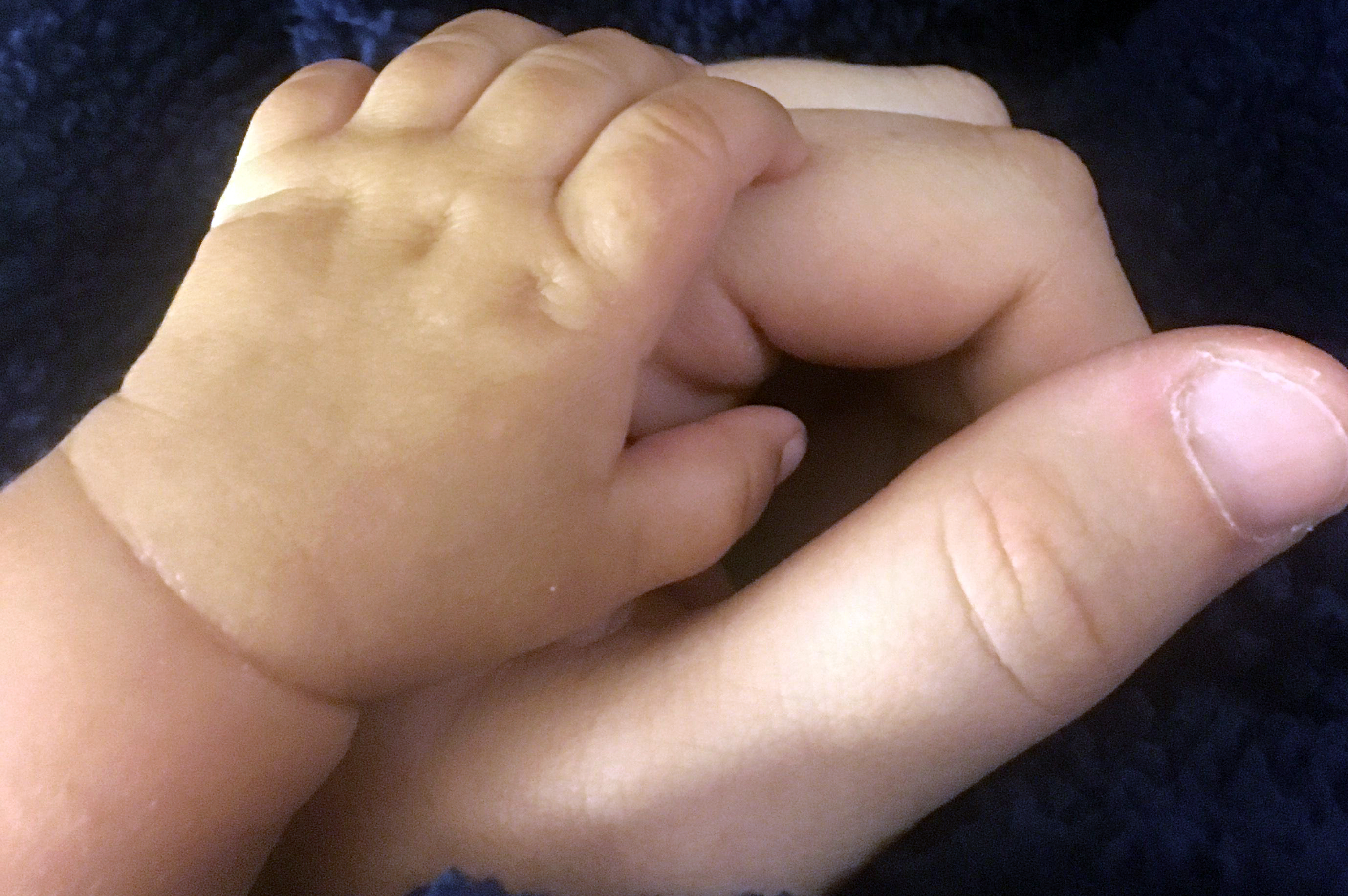Study Reveals Higher Cancer Risk for Newborns with Heart Defects and Their Mothers

Summary
Full Article
A recent study published in Circulation suggests that newborns with congenital heart defects may face a substantially elevated risk of developing childhood cancer. Researchers found that children born with heart abnormalities have a 66% higher overall cancer incidence compared to those without such defects.
The study, conducted using data from the Korean National Health Insurance Service database between 2005 and 2019, analyzed health information from over 3.5 million live births. Researchers discovered that newborns with complex heart defects or those involving blood vessels and heart valves had more than double the cancer risk.
Key findings revealed that leukemia (21%) and Non-Hodgkin lymphoma (11%) were the most common cancer types among children, regardless of heart defect status. Notably, the research also uncovered an unexpected connection: mothers who gave birth to newborns with heart defects were 17% more likely to be diagnosed with cancer within a 10-year follow-up period.
Study author Dr. June Huh suggested that genetic variants inherited from mothers might create an environment conducive to cancer development, potentially indicating a shared genetic pathway underlying both congenital heart defects and cancer risks.
The study emphasizes the importance of comprehensive, multidisciplinary healthcare for families affected by congenital heart defects. Medical professionals recommend ongoing surveillance and follow-up care with pediatric cardiologists and primary care physicians to monitor potential long-term health risks.
While the research was conducted using Korean population data, researchers believe the findings may have broader applications. The study highlights the critical need for further investigation into the genetic and environmental factors connecting congenital heart defects, childhood cancer, and maternal health risks.

This story is based on an article that was registered on the blockchain. The original source content used for this article is located at NewMediaWire
Article Control ID: 46858